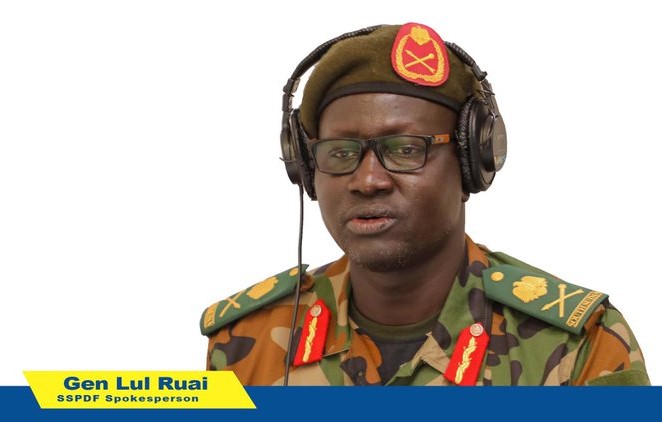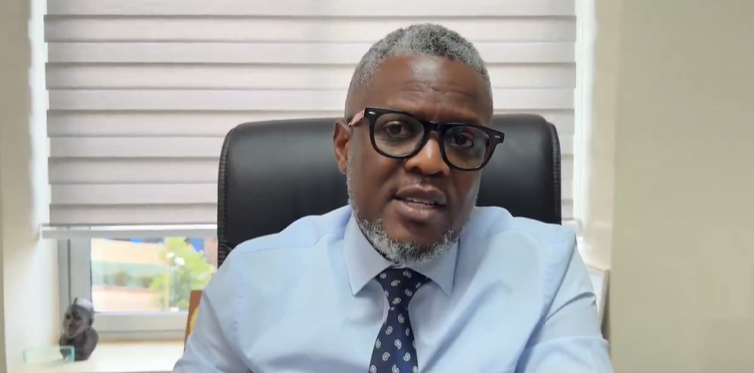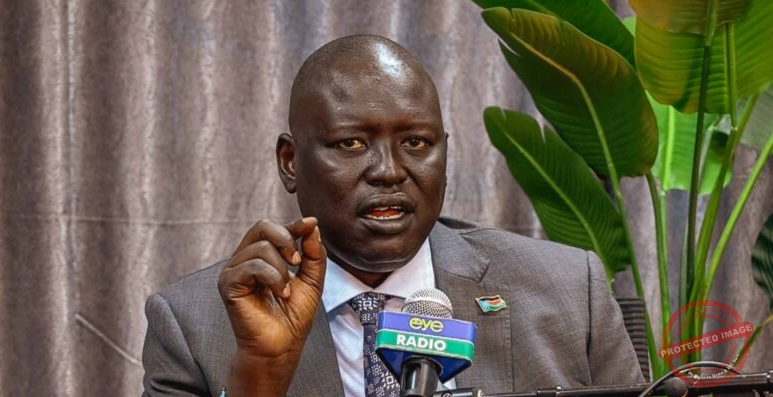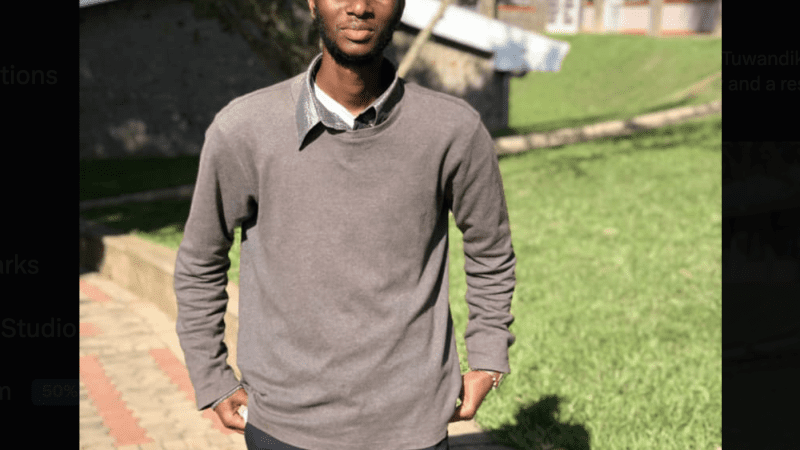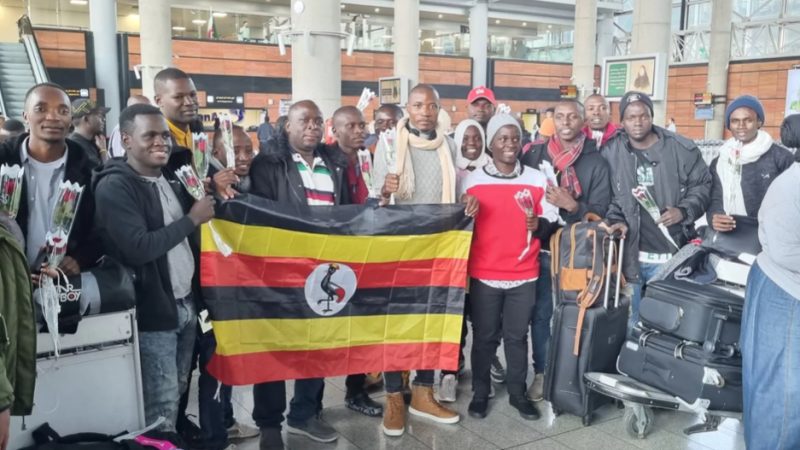June, 3 is not always a casual day in Uganda. The day is celebrated every year with a marathon of activities like conducting generic prayers all over the country, a swarm of Christians trekking to Namugongo shrines in honour of the Uganda Martyrs that were killed in 1885 by the then kabaka of Buganda Kingdom Kabaka Mwanga, among others.
Unlike the previous years, Martyrs day will be celebrated at home. The Anglican Church of Uganda in liaison with the Catholic church has called upon Christians to celebrate this year’s martyrs day from the comfort of their homes.
Bishop Wilberforce Luwalira of the Namirembe Anglican cathedral told Journalists on June, 1 at the Anglican shrine in Namugogongo that only a few people will be allowed to congregate at the shrines on June, 3.
According to the Bishop, these people include Bishops from all archdiocese’s, heads of states and a few Christians due to the current coronavirus pandemic that has continued to ravage the world.
The Bishop also appealed to all Christians around the country to conduct prayers at their homes in honour of the Martyrs.
“God’s blessings are not conditioned to being at that particular site. God is everywhere, Christians can pray from their homes,” Anglican church Archbishop Stephen Kazimba Mugalu said in an interview with a local television on Monday, June, 1.
How did the concept of celebrating June 3, come into play?
The arrival of the Christian missionaries, Anglican and Catholic, set the stage for new developments and marked a turning point in the religious life of the people of Buganda; as well as the political structure of the kingdom and the region at large.
The history of Buganda from this point on took a different turn. A social revolution that was to transform all aspects of people’s lives had set in, and the events that followed, unpredictable as they were, added to the discomfort the new changes had brought about.
The untimely death of Mutesa I in 1884 just a few years after the arrival of the missionaries, left the kingdom in the hands of Mwanga II, a youthful leader whose ruling style fell far short of the charisma and political astuteness his late father had demonstrated in dealing with the foreigners.
The Christian religion was received with much excitement by the converts but it came with its own requirements. It denounced all the native religious behaviour and practices as heathen and satanic. Therefore joining it meant a commitment to break away from the old life style, make and adopt new alliances, and adjust to new moral and religious standards, adherence and allegiance. The new flock of believers ( abasomi , or readers, as they were called), therefore, were seemingly regarded as ‘rebels’ who had transferred their loyalty to new religious systems thus abandoning the old tribal traditions. The numbers joining Christianity grew rapidly.
As a result, On June 3, 1985, the kabaka consequently ordered the killing of the Ugandans that had become defiant to his rule. This is what would later come to be known as Martyrdom.
Though Martyrdom was meant to deter the growth of Christianity, the martyrdom of these early believers seems to have sparked its growth instead.
The blood of the martyrs later proved to be the seed of faith in Uganda. The 22 known Catholic martyrs were officially declared “Blessed” by Pope Benedict XV in 1920.
On October 18, 1964, Pope Paul VI during the Vatican II conference declared the killing as one of the canonization processes thus these martyrs were now recognised by the universal church as being worthy of being honoured as Saints. This was the first for modern Africa and a source of pride throughout the continent.
In July 1962, Pope Paul VI made a holy visit to Uganda purposely to honour these modern saints. It is on this visit that Pope Paul made a pilgrimage to the site of the martyrdom at Namugongo.
This would later become a practice that was adopted by Ugandans in commemoration of the Martyred Christians.
Business Affected
All towns near Namugongo get busiest with around this time since the population swells with pilgrims. Business booms as vendors sell merchandise such as food, soft drinks, and bibles. Not only do residents make money but from selling foods, but also providing accommodation to people who come from far-flung areas.
With only an invitation list of only 100 (Catholic Church 60 & 40 for the Anglican), business people on Namugongo are cursing the pandemic for disrupting normalcy.
Additional reporting by Erick Katende


